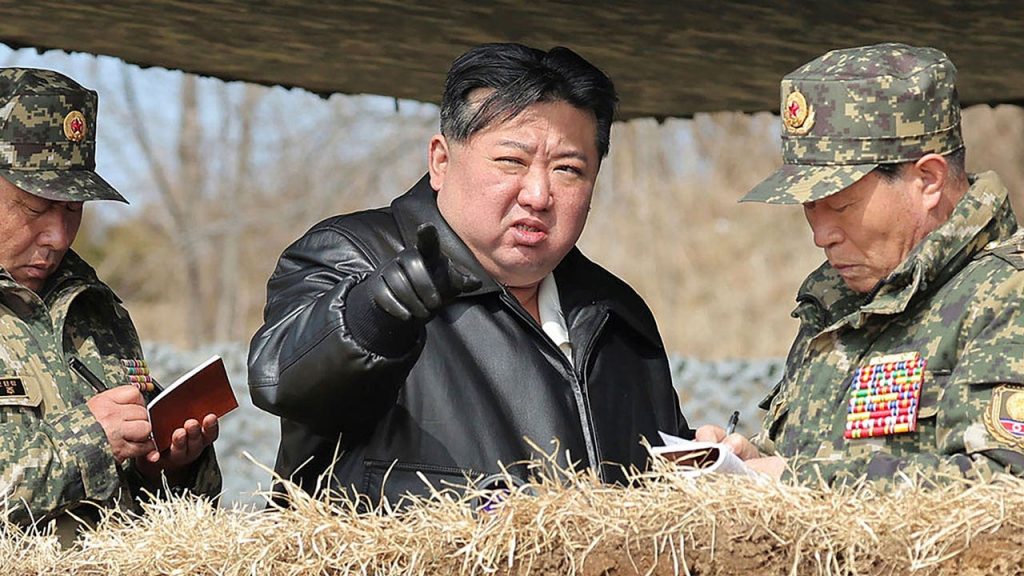North Korea announced that Japanese Prime Minister Fumio Kishida expressed a desire to meet with North Korean leader Kim Jong Un as soon as possible, but North Korea stated that the summit would only happen if Japan tolerated its weapons program and ignored past abductions of Japanese nationals. Japan acknowledged the attempt to arrange a summit but found North Korea’s conditions unacceptable, reducing the likelihood of a quick meeting between Kishida and Kim. Kim Jong Un is said to be interested in improving ties with Japan to drive a wedge between the U.S. and its allies, while Kishida aims to use progress in the abduction issue to boost his declining approval ratings.
Kim Yo Jong, sister of Kim Jong Un and a senior North Korean official, stated that any breakthrough in North Korea-Japan relations would require Japan to stop focusing on the abduction issue and interfering with North Korea’s weapons testing activities. Kim Yo Jong emphasized that Japan’s historical actions have led to distrust and misunderstanding between the two countries. She indicated that Japan needs to make a strategic decision that aligns with its overall interests if it truly wishes to improve bilateral relations and contribute to regional peace and stability.
Kishida acknowledged the importance of meeting with Kim Jong Un to address the abduction issue, stating that his government has been exploring various channels to discuss the potential summit. However, Japanese government spokesman Yoshimasa Hayashi made it clear that dropping the abduction issue in talks with North Korea is not acceptable. North Korea and Japan do not have diplomatic ties, and their relations have been strained by North Korea’s nuclear program, abduction issue, and Japan’s colonization of the Korean Peninsula.
Relations between North Korea and Japan have been overshadowed by historical grievances, including North Korea’s acknowledgment in 2002 that it had abducted 13 Japanese nationals. Japan believes that North Korea used the abductees to train spies in Japanese language and culture. Attempts to mend relations, including summits between leaders, have been rare. Concerns over North Korea’s weapons testing activities have increased, especially in the lead-up to upcoming elections in the U.S. and South Korea. Experts believe that North Korea could use its growing weapons arsenal to seek concessions from the U.S.
While a summit between Kim Jong Un and Kishida is considered unlikely due to differing priorities and conditions from both sides, the possibility of smaller provocations or tensions along the border remain. North Korea’s advancing nuclear and missile capabilities pose a significant threat to Japan, South Korea, and the United States. The three countries have increased their trilateral training exercises in response to North Korea’s provocative actions. South Korea, the U.S., and Japan are working together to address the North Korean nuclear issue and advocate for a path of denuclearization.


